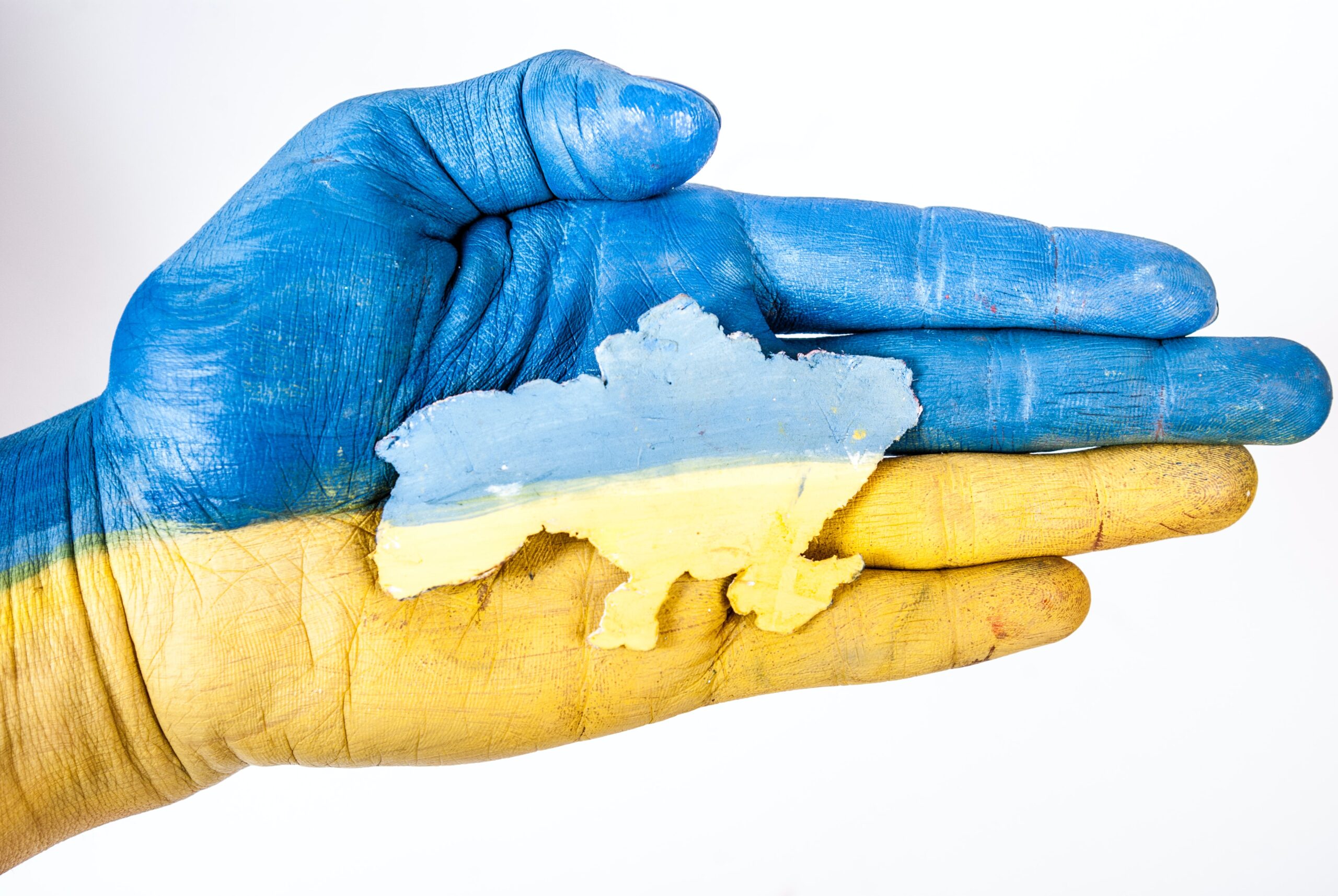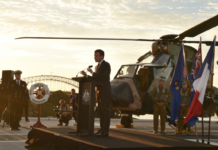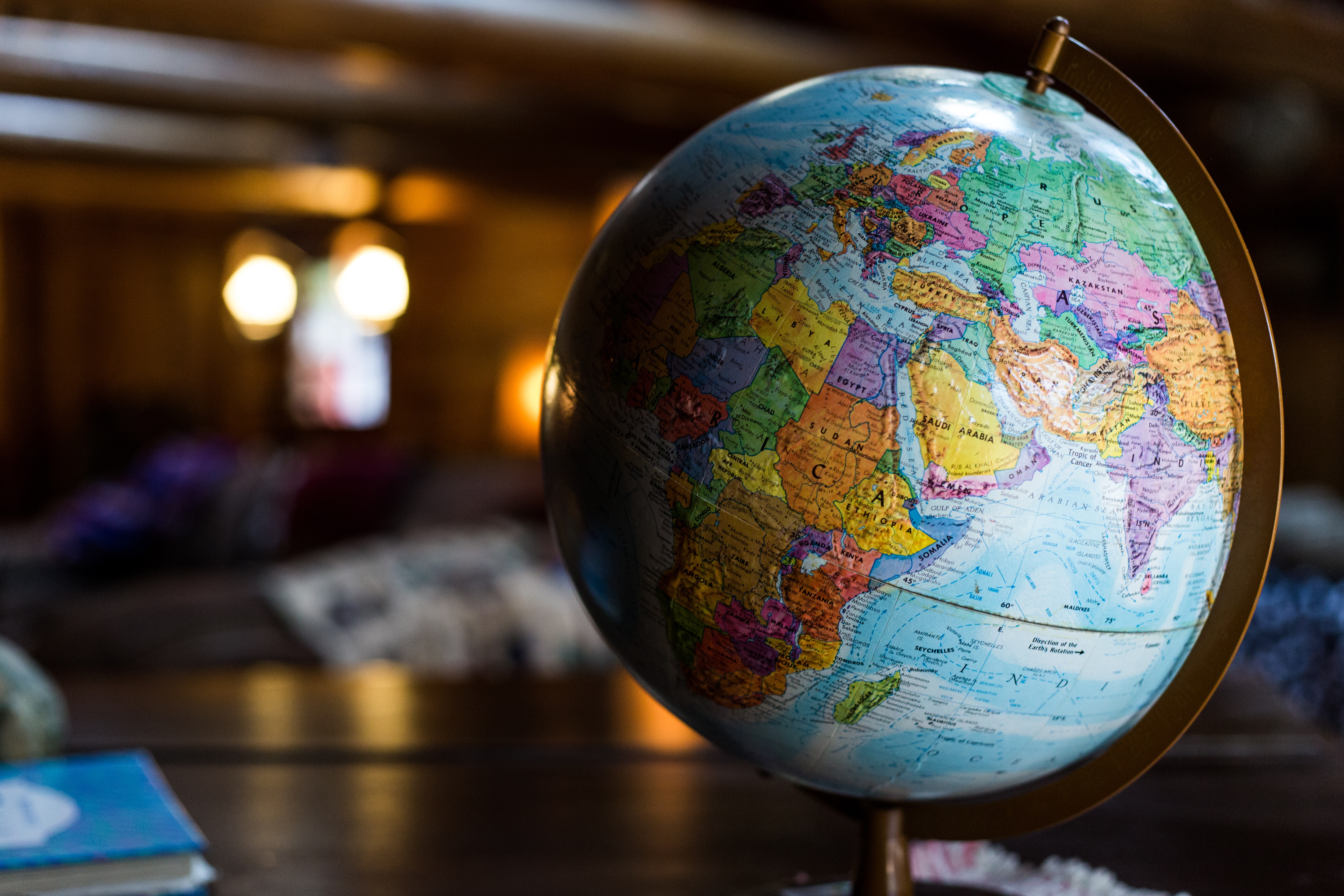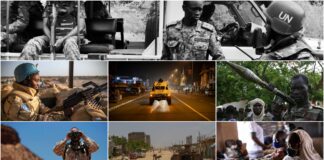Russia’s invasion of Ukraine marks a before and after in world politics and raises many questions about the future of security in Europe.
The collapse of the Soviet Union and NATO’s and the EU’s subsequent eastward expansion had a ripple effect on Russia’s relationship with the West. Signs of disorder and of Putin’s foreign policy agenda in areas formerly under the firm thumb of Moscow soon emerged after he brutally deployed forces in Chechnya, Georgia, and Crimea, while consolidating power at home. Western sanctions after Crimea did not go far enough and Russia breathed new life by finding new commercial and political partners in Asia. America’s internal divisions and global overstretch, coupled with an ever-hesitant Europe and Putin’s ambition to restore Russia’s great power status, paved the way towards a new clash in Europe’s eastern front.
There are several reasons why diplomatic efforts over the past weeks have failed to prevent Russia’s invasion of Ukraine. First, Putin’s demand to roll back NATO membership to its pre-1997 status was completely unrealistic. Secondly, Putin denies Ukraine’s right to statehood except in partnership with Russia, which neither Ukrainian leaders nor the international community can accept. Thirdly, Russia’s coercive diplomacy by amassing offensive troops did little to compel the West given that the latter is not bound by treaty to go to war over Ukraine. Finally, the threat of new sanctions has done little to deter Russia because it can weather these out, at least in the short term, thanks to the country’s $630bn foreign reserves, low public debt and rising oil prices.
A more pressing question now that Russia’s invasion is in full swing is what Putin’s end game is and whether there is still room for negotiation. This is a difficult question and one too soon to answer. Yet the author cannot imagine a scenario of permanent occupation. Ukraine is fighting back and although its army is no match to that of Russia in equal conditions, in a prolonged war of occupation it has the advantage of fighting at home across a very large territory. Putin’s objectives may be to inflict huge pain to Ukraine by breaking the country in the East and shocking its population, force a swift capitulation by moving quickly on Kiev, install a pro-Russian puppet government and obtain assurances that Ukraine will not join NATO or the EU. But in war things rarely turn out as planned and Putin may soon find himself too deep in the mud to peddle back.
Many in Ukraine and in Europe are calling for the West to intervene militarily to defend Ukraine, but this is very unlikely to happen absent a Russian attack on a NATO or an EU member. That is the whole point of NATO membership. This sounds like a cold calculus but it is the main reason why Ukraine wanted in. The problem with this thinking is that it inevitably leads to other, equally important questions: at what point does the West consider that their vital interests are truly at stake to warrant a military intervention? And what are the red lines and is the reinvigorated transatlantic partnership sufficiently strong to agree on these and take decisive action if Russia crosses them?
In their calculations, Western leaders will also factor in and balance out three additional variables: the risk of direct escalation with an aggressive nuclear power, the memory of letting down a neighbour in the face of aggression by a common enemy, and sending the right or wrong message to those who in future may seek to break international law and upset peace and security. That is why absent a military intervention the West must do the utmost to make Russia’s invasion as costly as possible on Putin and his inner circle through smart and enforceable sanctions, and by supporting Ukrainians in other ways.
Ultimately these unfolding events mark the beginning of something new for Europe, Russia and the world. The European security architecture that emerged from the fall of the Soviet Union and the Berlin wall has been shaken but does not necessarily need to crumble. Russia clearly is not at ease with its place in Europe and the world, and those countries like Ukraine who lay at the intersection of the West and the East are being caught in the crossfire with disastrous consequences. One has to ask, what are Russia, Ukraine and Europe’s interests in this conflict beyond their stated positions? And one has to conclude, at least when it comes to Europe, that it is about time Europeans take their matters in their own hands.



























